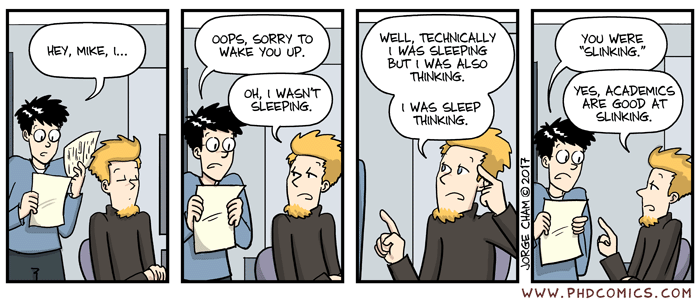Who (or what) is allowing whom?
The big news today has been Donald Trump's morning tweetstorm about "low I.Q. crazy Mika" Brzezinski "bleeding badly from a face-lift" at Mar-A-Lago over New Years. Bill Hemmer, interviewing Sarah Huckabee Sanders on Fox News, asked her "What is the White House saying about why that went out?"
Her response:
Look I- I- I don't think that the president's ever been someone who gets attacked and doesn't push back.
Uh there have been
an outrageous number of personal attacks not just to him but to frankly everyone around him.
Uh people on that show have personally attacked me many times.
This is a president who fights fire with fire,
and certainly will not be allowed to be bullied by
liberal media and the liberal elites within the media or hollywood or anywhere else
Read the rest of this entry »




